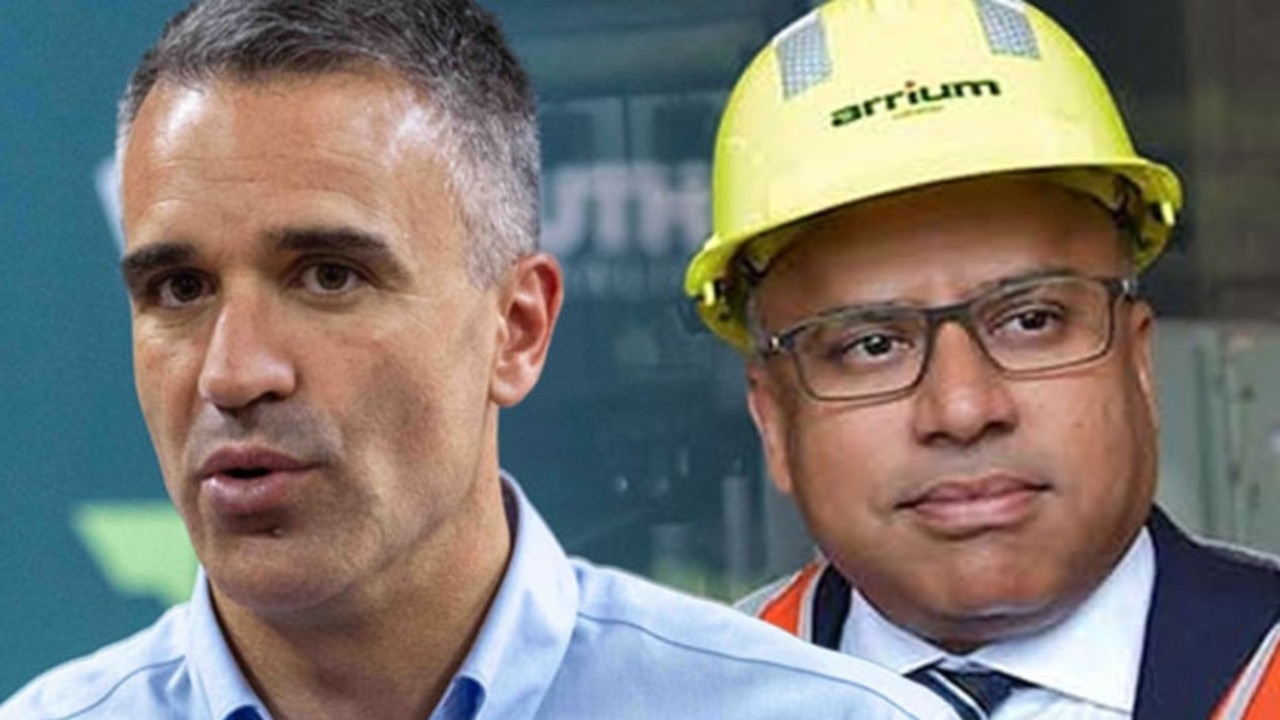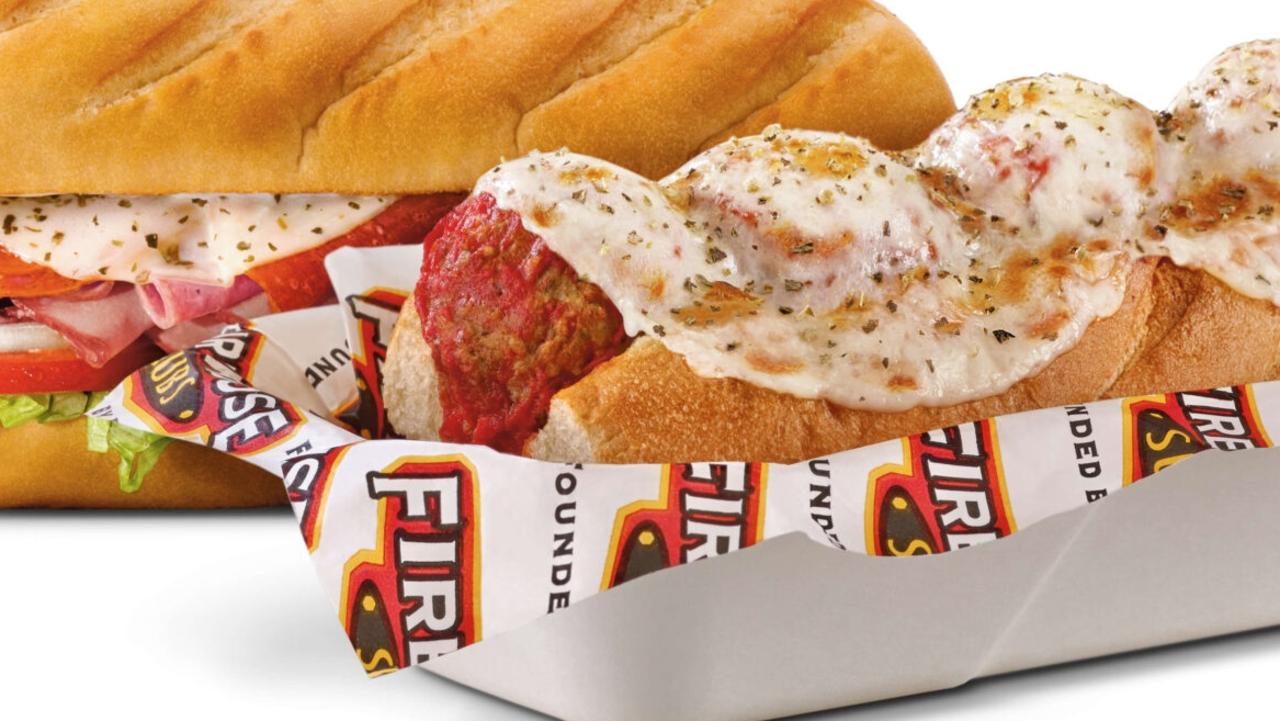Why Albo shouldn’t spend taxpayer dollars picking at a bare airline carcass
Anthony Albanese has offered to be the buyer of last resort for failed airline Rex, but recapitalising it could cost more than $1bn for a barely airworthy fleet.
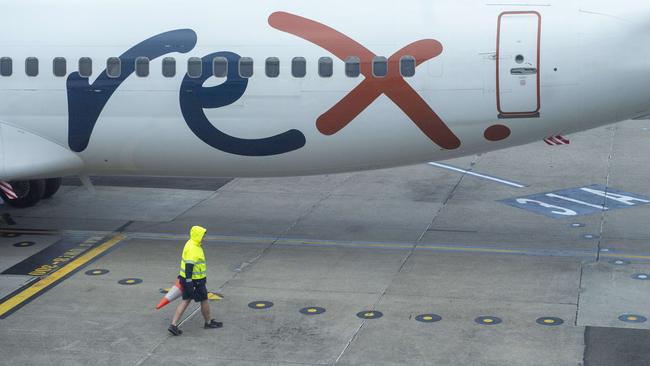
Business
Don't miss out on the headlines from Business. Followed categories will be added to My News.
It’s all perfectly normal for a government to step in and buy a failed airline, says Prime Minister Anthony Albanese.
Not like this, it’s not. In fact the Australian government has never purchased a failed airline.
What Albanese is trying to do is avoid another blow up with the bush before calling the next election. Rex is the nation’s biggest regional airline and by saying the federal government will step in as the buyer of last resort, the Prime Minister is either deludedly hoping propping it up might win him a few National Party voters, or at least take a target off his back.
But, the reason no one has stepped in yet to buy Rex is because, due to bad management and a lack of clear regional policy on aviation, it has no value.
For regular Rex passenger Adrian “Popey” Pope, who runs a diesel fitting and precision engineering business in Mt Isa and Melbourne, it’s extraordinary the airline has failed.
“With all the flights and routes I’ve flown with Rex, these flights are always full,” Pope says. “As a businessman, I’d like to see the books and see why they couldn’t make a go of it.”
Pope travels frequently and spends about $20,000 per year with Rex.
Unfortunately for taxpayers, the main reason Rex didn’t make a go of it is it took the $150m handed out in ‘no questions asked’ government grants provided so it could support regional Australia during Covid; and spent the money instead trying to become one of the big boys on the lucrative intracity services of Sydney, Melbourne, and Brisbane.
There should be a lesson in that. A lesson on the need for decent federal aviation policy which considers the very real logistic needs of people and packages in the regions, rather than just seeing reactionary taxpayer dollars spent on quick fixes.
Now, the curtain has now been drawn back on Rex and how it’s been operating, and the picture isn’t pretty.
The Sydney-based airline had been run by its Singapore owners on the smell of an oily rag for more than a decade despite having clean running on a number of state-subsidised routes it flew solo.
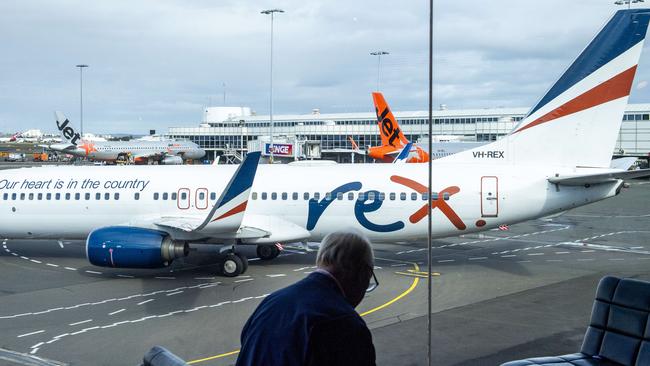
It’s fleet strategy was one of, if it ain’t completely broke don’t fix it. As a result, Rex has a fleet of 57 Saab 340Bs which are no longer produced and have an average age of 30.2 years. More than 20 of its aircraft are currently grounded with engine issues.
When you consider the unreliability of such an ageing fleet it’s a testament to the Rex team on the ground in Australia the airline managed such a solid on-time performance.
Where to from here is tricky to answer. If Albanese thinks he might draw out a bidder by saying the government will buy Rex if necessary, he may be disappointed.
The Australian domestic aviation market is dominated by Qantas Group, which has notched up its two highest ever profits in the past two years.
The Flying Kangaroo would be blocked from bidding for Rex because it already controls the high-yielding business market with its Qantas-branded fleet in the cities and QantasLink in the regions, as well as the low-yielding volume travellers through its Jetstar fleet.
The second biggest carrier is Virgin, sitting in a slightly awkward position between the two Qantas brands, which certainly could make an offer for Rex and has been encouraged to do so.
From a strategic perspective having a regional network would add value to its loyalty proposition and help curry favour with the government as it seeks approval for Qatar Airways to buy a 25 per cent cornerstone investment.
But, as one Virgin finance insider says bluntly, “their fleet is just not good enough”.
That leaves much smaller players like Canberra-based Link, which already has a fleet of 11 Saab 340Bs and flies largely in regional NSW. Or Alliance, which may be ruled out due to being part-owned by Qantas.
None of these carriers could step in without a dramatic government financial package.
In a backflip on its first stance on Rex, the government this week said it will now work with short-listed bidders, if any are to emerge. Presumably this means financial support or perhaps even a take-or-pay arrangement.
But, consider the stats: Even after the government’s decision this week to buy out Rex’s largest creditor, PAGAC Regulus (PAG) for $50m to stave off liquidation and provide a loan of $80m to keep flying, Rex still has debt of about $200m.
To get its existing fleet back in the air, re-crewed, and restructured could cost north of $200m and if it was to replace this fleet with new aircraft it would cost about the order of US$800m just on the aircraft themselves. It would then need to retrain its crew on the new aircraft type.
It all adds up to an awful lot of taxpayer dollars. By some counts it could top $1bn.
Any potential private equity and special situation players would see this problem and raise it, with a bigger issue for them being the lack of exit strategy.
PE funds like to buy businesses, improve them and then sell them at a profit in three to five years, as Bain Capital is currently looking to do with Virgin.
To do this they need a clear vision and the challenge with Rex is only a few of its routes are viable on a stand-alone basis.
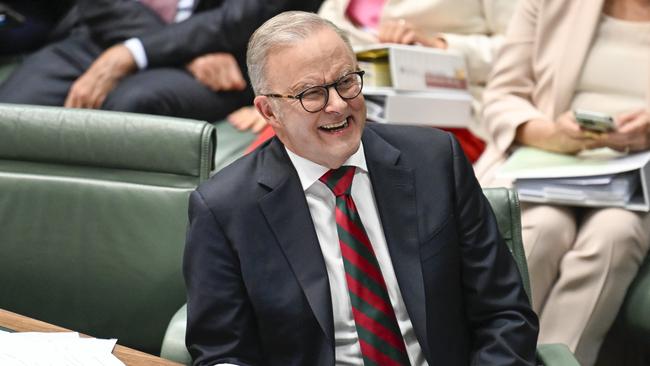
Rex provides a valuable service to regional Australia, but any route busy enough to be profitable attracts the attention of Qantas, which has a massive balance sheet, the nation’s best network managers, and the scale to even out costs across many routes.
As it stands, the only thing of real value for Rex apart from its staff is its broad reaching rural route network. Currently many of these routes are subsidised by various state governments. Queensland provides support to Rex because it operates 27 routes no other airline flies. The West Australian government backs the airline too because it flies four routes otherwise unserviced. Rex also flies two routes in both South Australia and New South Wales as a solo operator.
If the airline is sold, these agreements with the state governments would need to be renegotiated. Potentially with the federal government if they end up as Rex’s new owner.
As one private equity player pointed out, there has never been a better time than now, when Rex is on its knees, to work out exactly what regional routes are critical and how to fund them as a total package, taking into account not just the need for people, but also mail and products to be transported by air.
“The first step needs to be stabilisation of Rex and getting it cash flow positive,” says a PE founder who declined to be named.
“The second stage is, how do you build out an industry transformation? The government has got to come up with clear goals at the end of this first stage.”
A clear cut strategy could open the interest in Rex to transport and logistics operators as well as airlines.
But, in the meantime, scepticism abounds about whether the government offering to be the backstop buyer of Rex is better than letting the airline collapse and then having market forces do their work.
Any number of smaller players could buy up the airworthy SAAB fleet and as many have pointed out, may do a better job at using government funding to fly routes which require support.
As for whether it might help Albanese win the next election, the jury is out on that one too.
Pope doesn’t think it will help him get over the line with the people who normally vote for the National Party.
“He’s grasping at anything that will get him a vote,” says Pope. “Will it help him? It might get him some votes, but really I don’t think so.”
More Coverage
Originally published as Why Albo shouldn’t spend taxpayer dollars picking at a bare airline carcass



